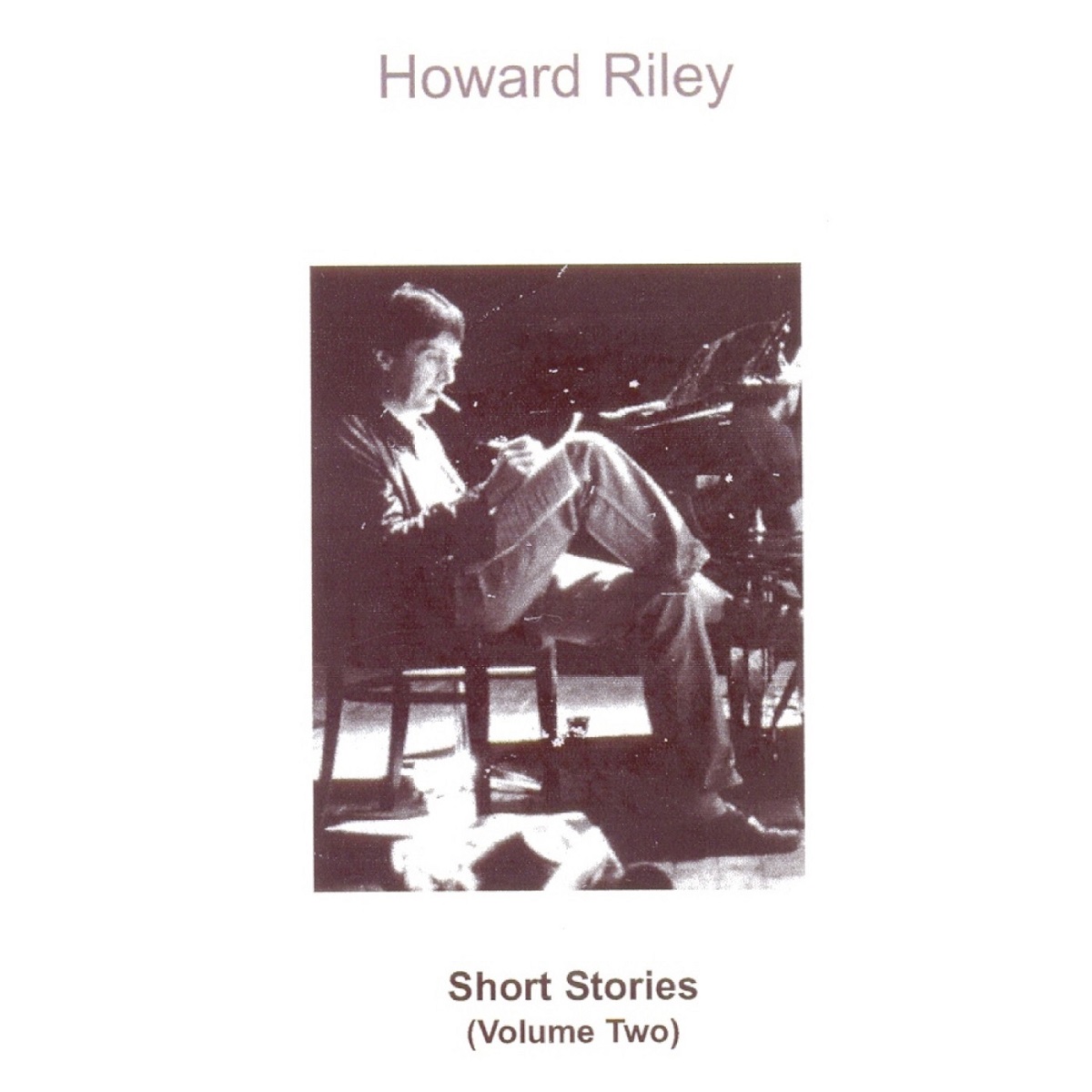Artist: Howard Riley
Title: Short Stories (Volume Two)
Cat Number: SLAMCD270
Year released: 2006
Format: CD & all digital platforms
Barcode: 5028386027027
DOWNLOAD & STREAMING OPTIONS
Thirty short original improvisations by the acknowledged master of the art, pianist Howard Riley.
Howard Riley: piano
“This two-disc set should raise Riley’s profile considerably. Spontaneous in execution, but defined by a determination to keep his musical storytelling around the 3½-minute mark, these short stories are as perfectly realised as the work of John O’Hara, Katherine Anne Porter or any other literary miniaturist who presents a fully realised tale within the confines of a few printed pages…High praise for committed musicians is that they “tell a story” in their solos, and Riley does that every time here, complete with an introduction, development, variations and an unequivocal ending…Riley’s able to create a tour-de-force such as “Open Question”. It features both hands producing separate lines vibrating sympathetically in double counterpoint with one another. They move in parallel fashion, but never quite meet or intersect…with kudos aimed at showier solo piano performers who can’t approximate Riley’s range – and more importantly his musical restraint – his achievement should be celebrated. Discover this yourself with these CDs.” – Ken Waxman, Jazz Word
“Riley’s Short Stories (Volume II) evinces the influences of walking bass lines, bop chord voicings and swing, but leans more to the progressive lyricism of Keith Jarrett, the angular phrasing of Thelonious Monk (“Roots” recalls Monk’s “Misterioso”) and the muscular bombast of Cecil Taylor. Riley reaches into the sound-box to create impromptu, ‘unprepared’ piano pitches, as on “Concision” and “Passing”; elsewhere, his incessant ideations, featuring audaciously independent right and lefthand ‘personalities’, coalesce in a textural gestalt of high density and intensity.” – Tom Greenland, All About Jazz
“The claim is that ‘all compositions’ are by Howard Riley, but these are not ‘compositions’ in the way that you might interpret the term. They are completely spontaneous creations by a single, gifted, enlightened individual and nobody else could possibly play them. Riley himself could never repeat them as they exist here. The longest piece, called “Roots”, opens as a sombre tone-poem of regretfulness but cheers up amazingly as Riley seems unable to repress that sense of gleeful freedom. Soon we are dashing about on meadows strewn with crazy harmonies and instant ideas. Riley is an impressionist of the keyboard, restlessly seeking original modes of expressing the emotion that lies at the core of jazz music. I heard what he did with deep admiration.” – Anthony Troon, Jazz Review
“Riley’s solo piano improvisations combine spontaneous invention with a pronounced sense of structural inevitability. It’s as though his choice of opening phrase implies an entire architecture; what follows works towards realising that projection. Riley has a rare ability to envisage the design from the detail. In the past that ability has been demonstrated on occasion through the shaping of ambitiously lengthy pieces and dense multitracked constructions. His second volume of Short Stories offers 30 concise and concentrated real-time solos, each self-contained and making perfect sense, holding logic and intuition in fine balance…Riley is one of the finest improvising pianists currently playing and he remains in relative neglect while far less substantial musicians receive acclaim. Time to redress that; he’s generously offering the opportunity once again.” – Julian Cowley, The Wire
“As Riley notes, working in this way allows for a great variety of ideas and moods to be explored. As free improv goes, these are highly tuneful and stylistically varied pieces that unfold with reference to an originally conceived motif or sketch. These are most definitely tunes with beginnings, middles and ends but Riley may only know the first in advance. They obey rules of key and pitch, although the exploration of scales often seems to be modal in nature. So, you might get a ballad like the lovely ‘Think Again’ or the blues-infused ‘Reconciliation’ or, given Riley’s great interest in rhythm and strong left-hand, something with an almost barrel-house feel like ‘Geocentric Two’. Riley is drawing on a vast mental library of sounds, musical ideas and phrases – almost like a language – that is then created anew in the moment. Some of these pieces – the melodious, mellifluous ‘Still Standing’ or Bill Evans-like ‘Reflective Tendencies’ – have an almost ready familiarity about them.” – Duncan Heining, Jazzwise
“All but two of the pieces here is under six minutes…This does in no way detract from Riley’s power, creativity and depth of spirit…I hear some deconstructed Monk on “Palmate” and odd two-handed excursions where the left hand walks as the right hand swirls in different directions at the same time. Riley even goes into some sombre ballad-like territory at times, lush and contemplative. What we have here is thirty short stories and each one a small adventure of its own.” – Bruce Lee Gallanter, Downtown Music Gallery
“Riley’s approach to solo performance occupies an interesting spot on the cusp between free improvisation and reinterpretation of traditional materials…though listening for a chord-sequence is not the only way to hear this music, it’s certainly coming from the harmonic end of Howard’s spectrum. As such, some people may find it more enjoyable than they would otherwise suspect.” – Brian Priestley, Jazz UK
“Riley is justly celebrated for his ability to spin cogent, wholly original and utterly individual improvisations from a variety of musical kernels, including melodic motifs, nervy rhythmic figures, walking basslines, even relatively conventional ‘heads’, and on Short Stories (Volume Two) he employs a peerless technique and an extraordinarily fertile musical imagination to produce thirty pieces (the longest just over six minutes long, the shortest just over two) that engage listeners’ sensibilities like the work of few other musicians…Riley consistently produces the most intensely thoughtful and absorbing solo-piano music you’re likely to hear; while it’s not ‘easy’ listening (being utterly lacking in glibness or flash), it richly rewards however much attention you’re willing to give it.” – Chris Parker, Vortex Jazz

